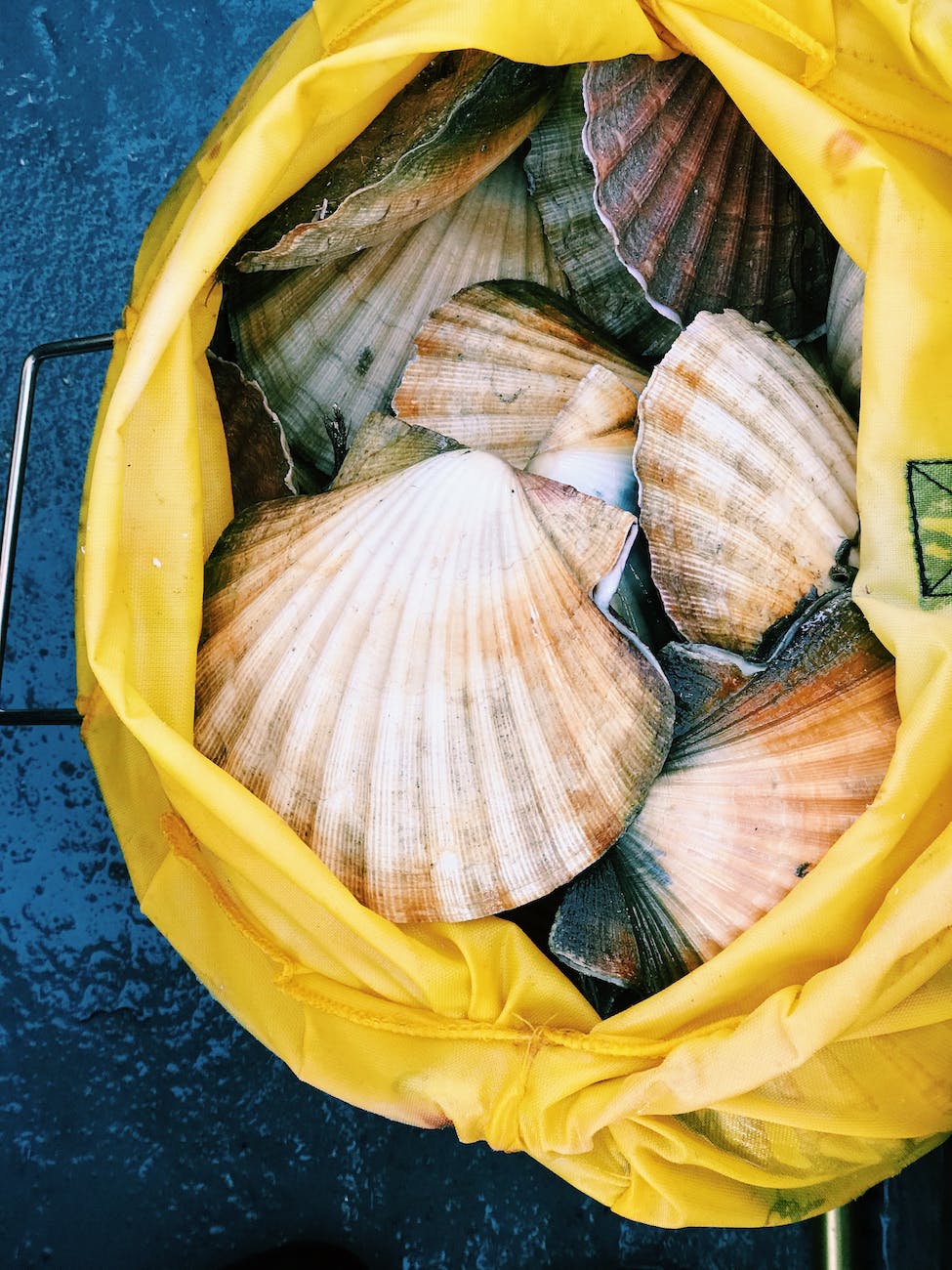
Introduction:
Pregnancy is a time of heightened caution, especially when it comes to food choices. Seafood, in particular, often comes under scrutiny due to concerns about mercury levels and other contaminants. Scallops, a popular shellfish, are no exception. This guide aims to provide clarity on the consumption of scallops during pregnancy.
1. Nutritional Profile of Scallops:
- Protein: Scallops are a rich source of lean protein, essential for the growth and development of the fetus.
- Vitamins and Minerals: They are packed with essential nutrients like vitamin B12, phosphorus, magnesium, and potassium.
- Omega-3 Fatty Acids: Scallops contain beneficial omega-3 fatty acids, which support brain and eye development in babies.
2. Concerns About Mercury and Contaminants:
- Mercury Levels: Unlike some other seafood, scallops typically have low levels of mercury, making them a safer choice during pregnancy.
- Source Matters: It’s crucial to ensure that scallops come from a reputable source to avoid potential contaminants.
3. Safe Consumption Guidelines:
- Cooking is Crucial: Raw or undercooked scallops can carry harmful bacteria and viruses. It’s essential to cook scallops thoroughly to kill any pathogens.
- Portion Control: While scallops are low in mercury, moderation is still key. Consuming them once a week is generally considered safe.
4. FAQs About Scallops and Pregnancy:
- Is it safe to eat scallops during pregnancy? Yes, when sourced from reputable places and cooked thoroughly, scallops are safe to consume during pregnancy.
- How should scallops be prepared for pregnant women? Scallops should be cooked until they’re milky white or opaque and firm to the touch.
- What are the health benefits of scallops for pregnant women? Scallops provide essential nutrients like protein, vitamin B12, and omega-3 fatty acids, which are beneficial during pregnancy.
- Are there any specific scallop dishes to avoid during pregnancy? It’s best to avoid raw scallop dishes, like ceviche, due to the risk of bacterial contamination.
- How do scallops compare to other seafood in terms of safety during pregnancy? Scallops, along with shrimp, salmon, and catfish, are among the seafood with lower mercury levels, making them safer choices during pregnancy.
- Can scallops cause allergic reactions? While rare, some people might be allergic to shellfish, including scallops. If you have a known shellfish allergy, it’s best to avoid scallops.
- Are frozen scallops safe during pregnancy? Yes, as long as they are thawed safely (preferably in the refrigerator) and cooked thoroughly.
- How often can I eat scallops while pregnant? While there’s no strict limit, sticking to once a week is a prudent approach.
- Do scallops offer any specific benefits for fetal development? The omega-3 fatty acids in scallops support brain and eye development in the fetus.
- What are the signs of a bad or spoiled scallop? Spoiled scallops may have a strong fishy odor, a slimy texture, or discoloration. It’s best to avoid consuming them.
5. Conclusion:
Scallops can be a nutritious addition to a pregnant woman’s diet, offering several health benefits. However, as with all foods during pregnancy, it’s essential to practice caution. Ensuring that scallops are sourced from reliable places, cooked thoroughly, and consumed in moderation will allow expecting mothers to enjoy this delicious seafood without worry.








